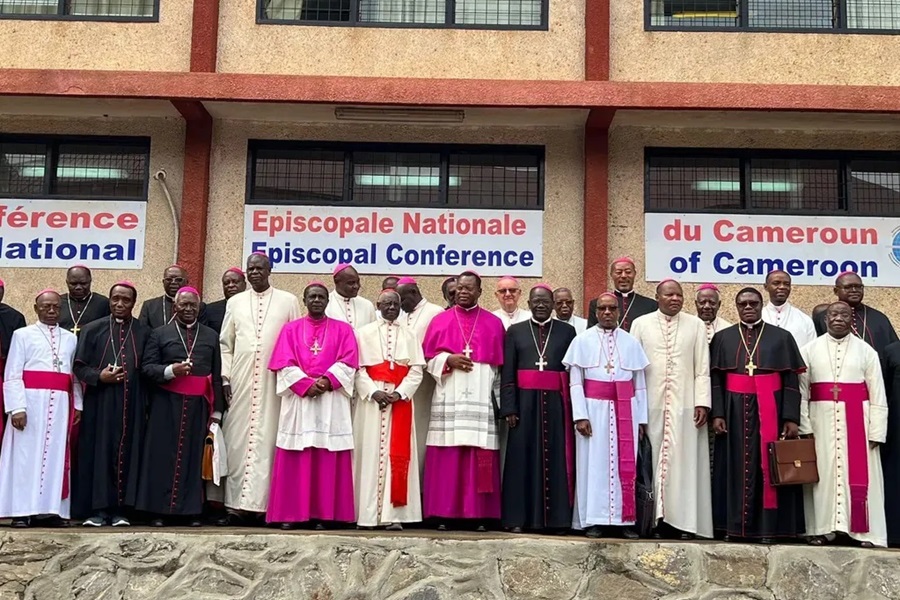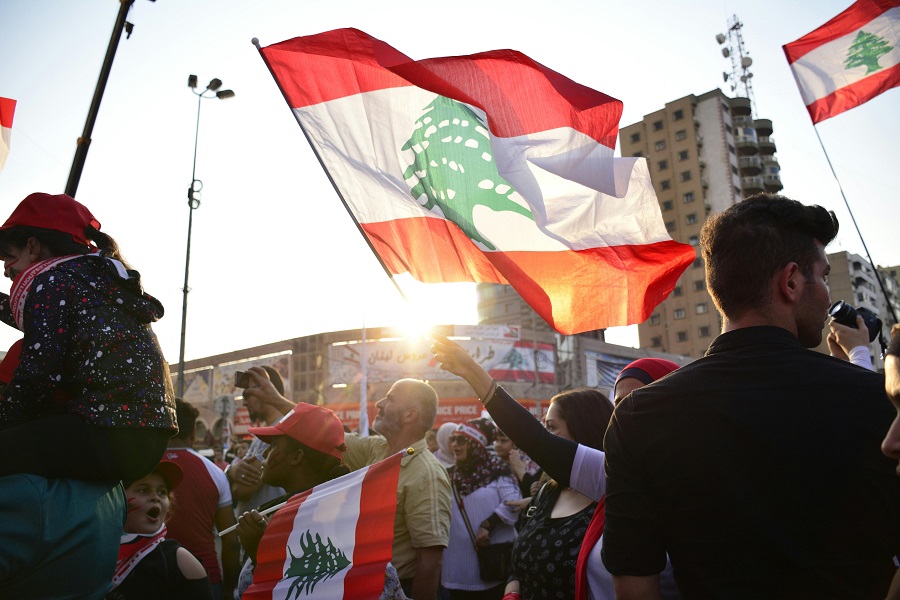‘Migrants and Pilgrims as our Ancestors’ (1 Chr 29:15). Theology of Human Mobility in the 21st Century
September 20 – September 22
Migrations are more than movements of people from one place to another; they are related to cultural, social, political and religious transformations of people and nations, and to the continuous reshaping of communities.Therefore, they represent a major challenge to humanity, as well as an opportunity of reshaping it today. They raise questions of greatest relevance for the global agenda, as they affect governments, religions in general and the Catholic Church in particular, global, national, regional, and local communities, families, and countless individuals.
To tackle these challenges responsibly, the local Churches from sending, transit, and receiving countries all over the world are called to promote theological reflections and studies on the phenomenon as well as enable and encourage con- crete pastoral actions.To this end, a group of congregations guided by the International Union of Superiors General (UISG), the Union of Superiors General (USG), and the Scalabrini International Migration Institute (SIMI) are convening a group of international biblical scholars and theologians and pastoral agents to present and debate about the status of their research, and respond to the reality of current migration movements.This 3-day-long International Conference is an important occasion for a reflection open to action.
Migrants and Pilgrims as Our Ancestors (1 Chr 29:15)
In the context of the consecration of the first temple, according to the account of the biblical chronicler, King David makes a prayer of thanksgiving and offering to God. In this prayer, the King presents himself before God as one who recognizes the migration history of his ancestors in Egypt and in the desert, his own identity, and God’s love for migrants, which he expresses: «We are migrants before you and pilgrims like all our ancestors!». Being a migrant, in David’s perspective, is not just the socio-political status of the chosen people, but a fundamental part of its identity.Thus, he refers to migration and pilgrimage as theological categories, evoking God’s call, «The land is mine; with me you are but aliens and tenants» (Lev 25:23). David’s prayer makes us reflect on the condition of human existence as a passage: no one has a fixed abode in the earth. Consequently, if one visits his/her historical memory, he/she will certainly find in his/her genealogical line an experience of migration.To the point, we can say that this prayer also ex- presses an appeal for solidarity with migrants, since migration is an inherent dynamic of human life.
SISMI – Scalabrini International Migration Movement






